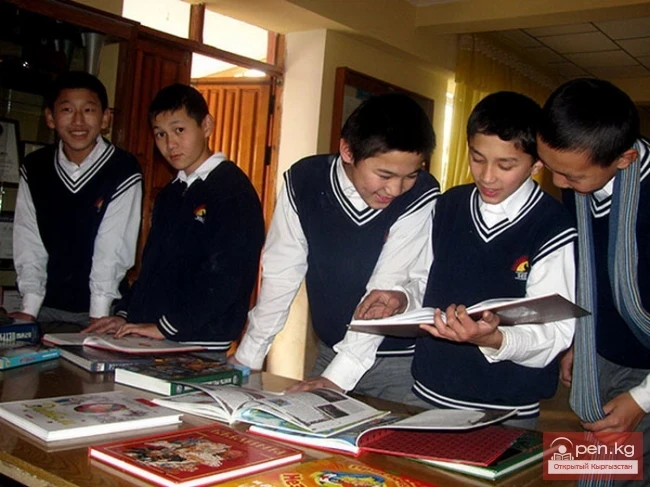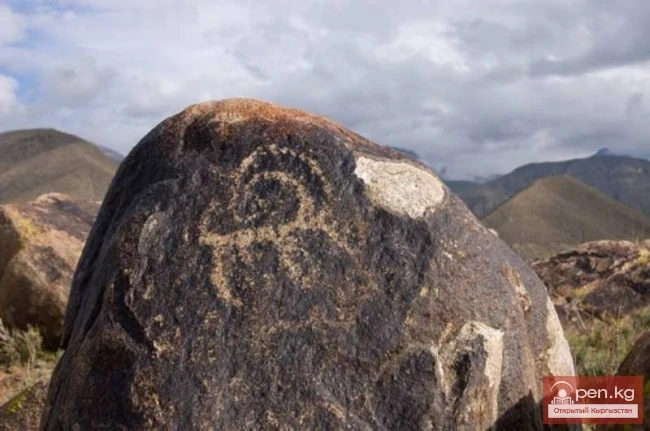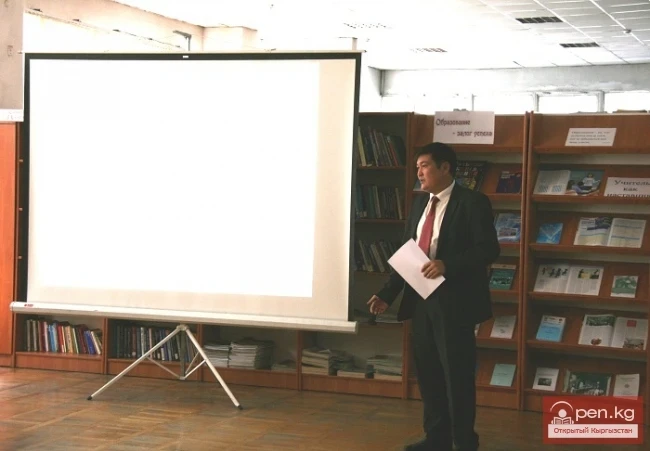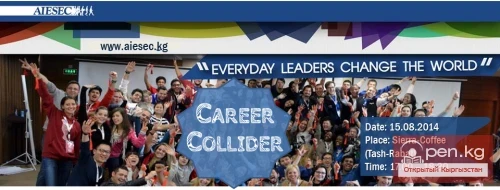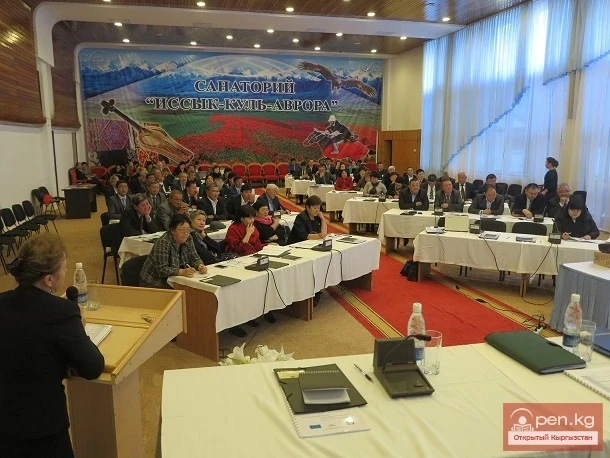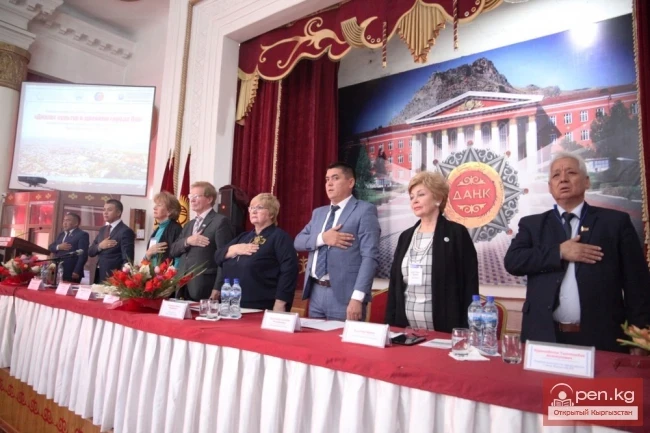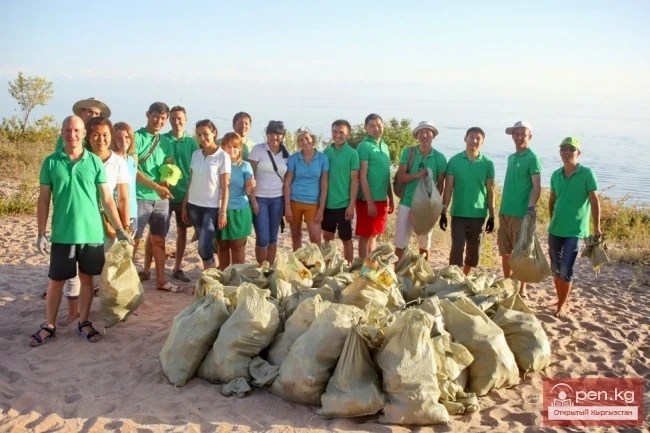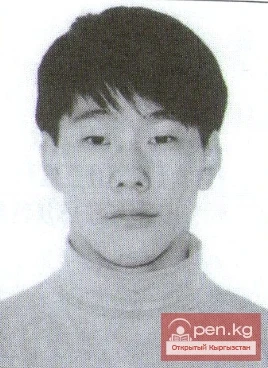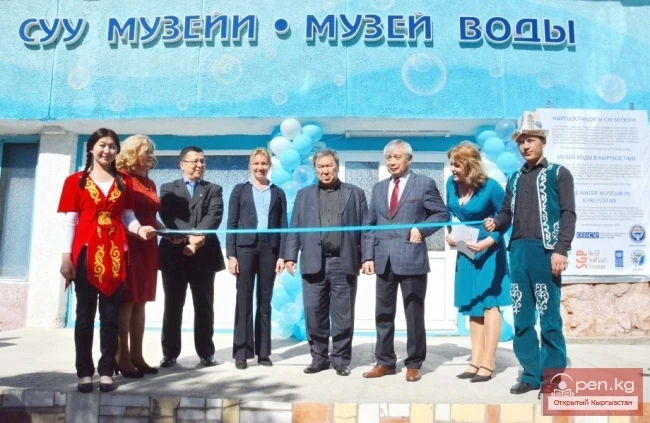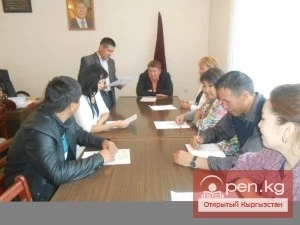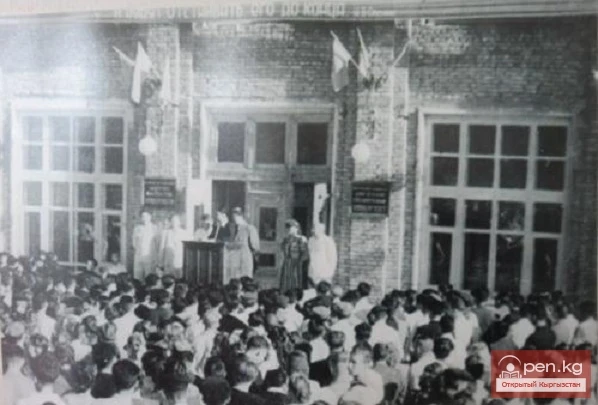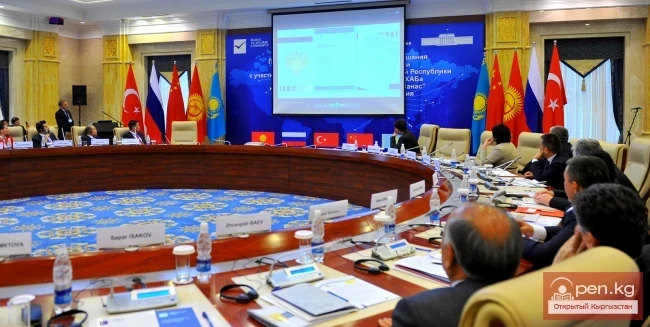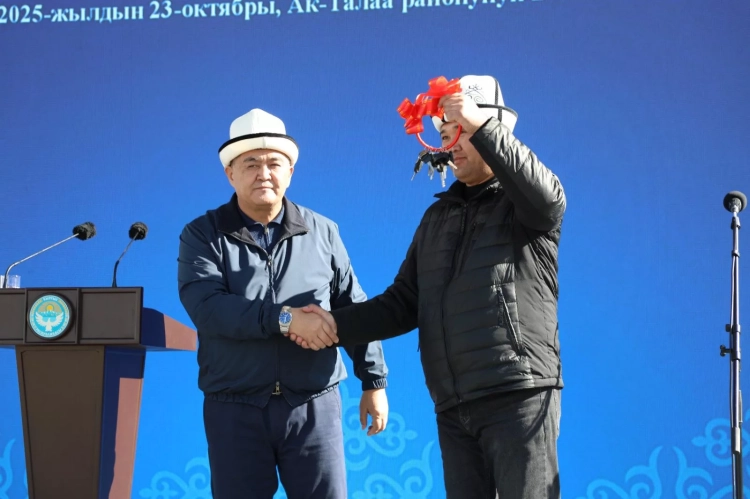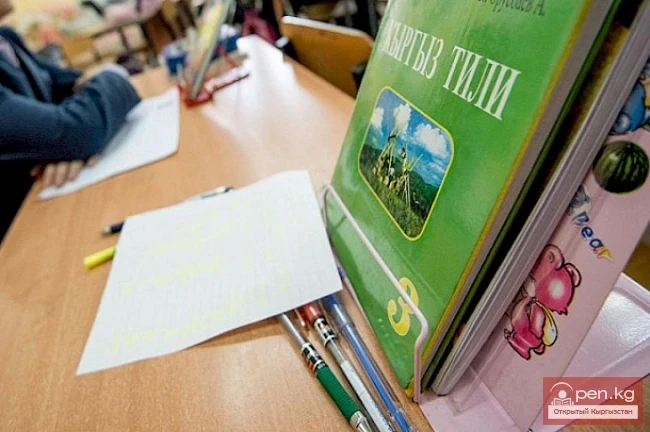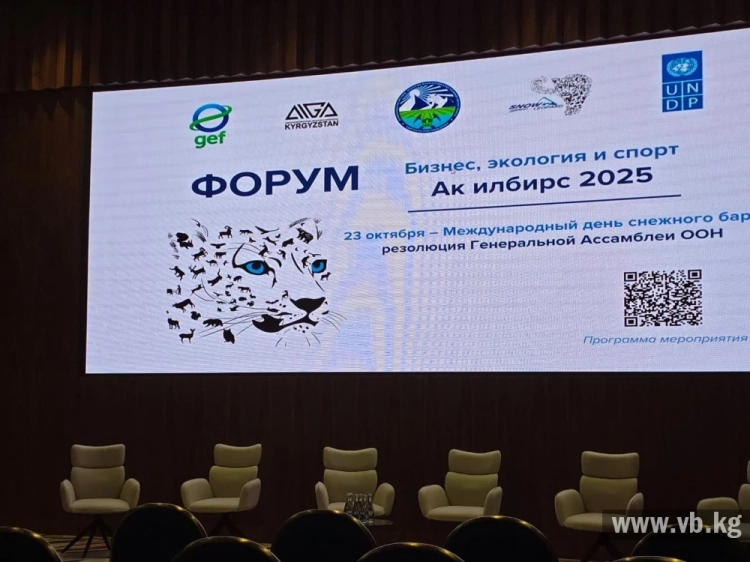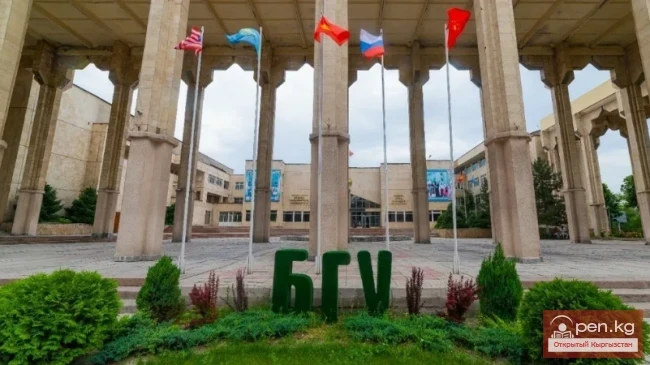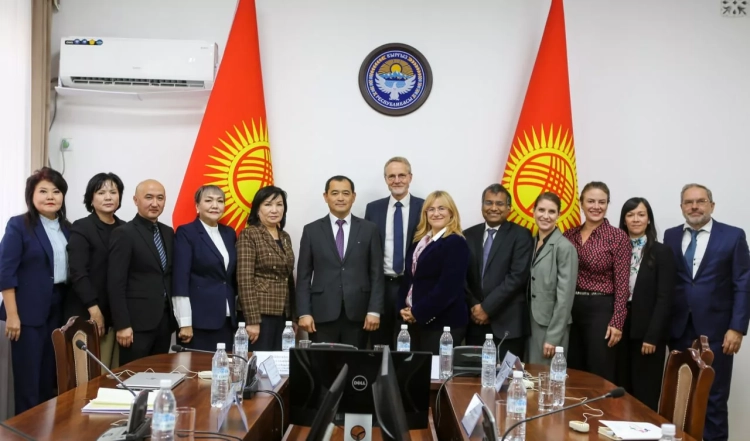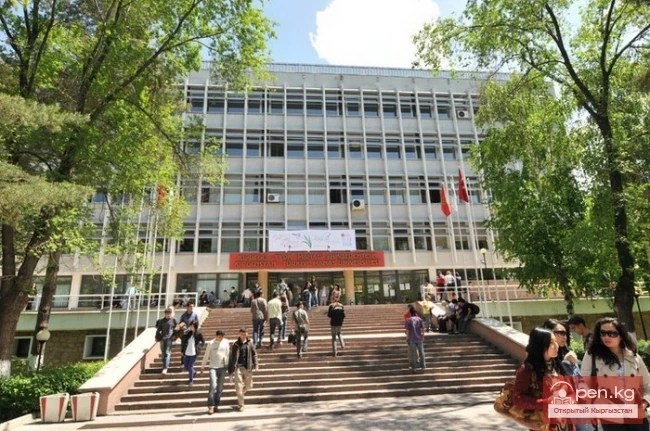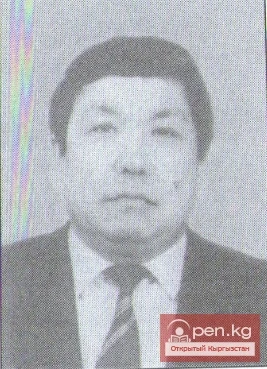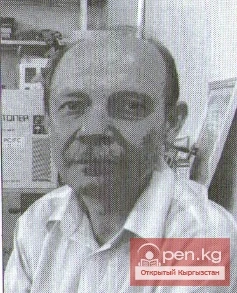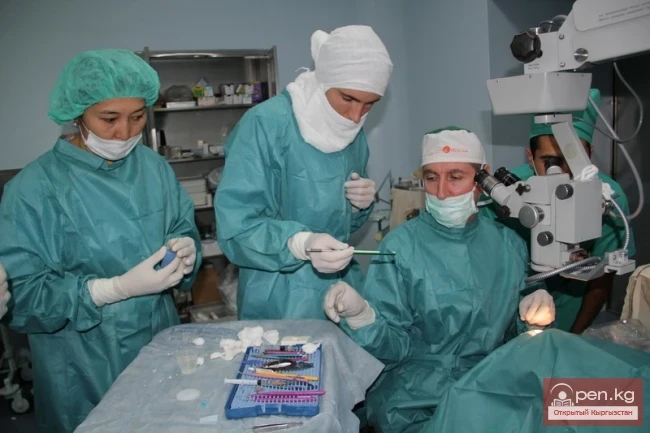The seminar was opened by Gulnara Isaeva, the national coordinator of the Erasmus+ program in Kyrgyzstan, and the rector of KSTU, Mirlan Chynybaev. They emphasized the importance of environmental education and the creation of sustainable campuses as key aspects of modernizing higher education in the country.
Representatives of the academic community of Kyrgyzstan, students, teachers, as well as experts and partners from Central Asia and Europe participated in the event.
From the Kyrgyz State Technical University, the following were present at the seminar:
- Gulnara Kabaeva — Director of the Institute of Information Technologies (IIT);
- Jyrgalbek Omurov — Head of the Department of "Technosphere Safety";
- Aigul Kerimkulovna Bekbolotova — Professor of the Department of "Technosphere Safety".
The rector of KSTU, Mirlan Chynybaev, in his speech, emphasized that the university is actively implementing the principles of sustainable development in the educational process and campus management:
“Our goal is to make sustainable development an integral part of the university. We want ecology to become part of the thinking of every student and teacher. KSTU strives to become a model of a 'green' university, where innovation is combined with respect for nature,” he noted.
European experts also presented their reports:
- Dr. Kalterina Shulla from the Berlin School of Business and Innovation (Germany) spoke about global trends in sustainable development in higher education, providing examples of successful European universities that have implemented the concept of a "green campus";
- Dr. Henrik Siepelmeyer, Associate Professor at the School of Business and Law at the University of Agder (Norway), shared practices for integrating sustainability principles into academic life and university management.
The presentations by KSTU students also generated interest.
Begimai Ulukbekova, a student, presented the Green Corners initiative and spoke about the significance of students' contributions to creating green campuses:
“Every small step leads to big changes. Green Corners is not just an idea; it is a path to a clean and inspiring campus. Together, we can make our university an example of a sustainable future,” she emphasized.
During the discussions, a pilot project of KSTU — "Energy Map," developed by its specialists, was presented.
This interactive map demonstrates the level of energy consumption and the potential of renewable energy sources on campus. The tool will help universities develop plans to improve energy efficiency and reduce carbon footprints, as well as showcase examples of engineering solutions in the field of sustainable development.
As a result of the seminar, the National Erasmus+ Office in Kyrgyzstan, together with KSTU, created a document titled "Roadmap for Transition to Green Development in the Higher Education System of Kyrgyzstan."
This document outlines the priorities and goals for implementing sustainable practices in the country's universities by 2030 and will serve as the basis for forming national policy in the field of "green" higher education.
The concluding panel discussion gathered international experts and representatives of Kyrgyz universities, who discussed how to engage students and local communities in environmental initiatives.
Participants noted that cooperation between universities and the exchange of experiences in sustainable development open new pathways for forming environmentally conscious campuses and a culture of sustainable thinking among youth.
